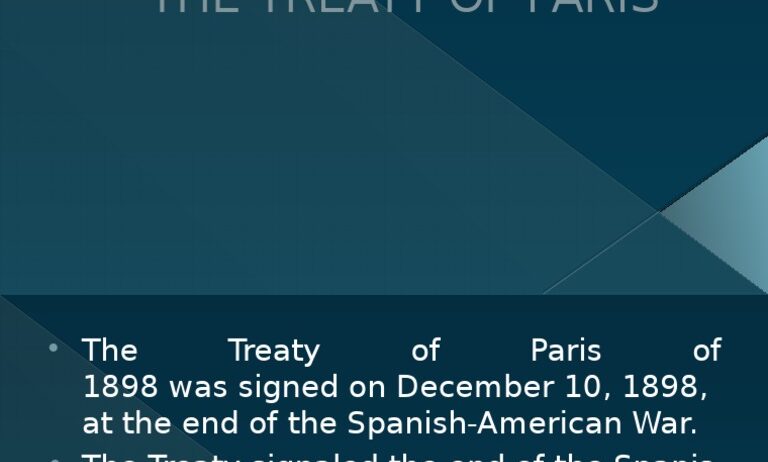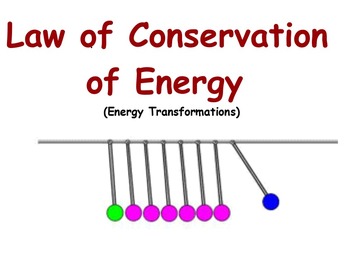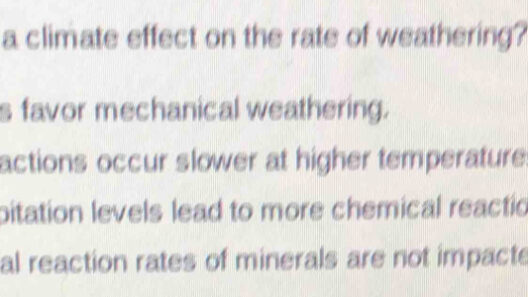The Paris Climate Treaty, commonly referred to as the Paris Agreement, is a landmark international accord that aims to combat climate change and its unprecedented impacts on the planet. This treaty, adopted in December 2015 during the United Nations Framework Convention on Climate Change (UNFCCC) conference in Paris, represents a pivotal moment in global climate diplomacy. It strives for a cohesive global response to the challenges posed by climate change, creating a framework for countries to collaboratively address this existential threat.
At its core, the Paris Agreement seeks to limit global warming to below 2 degrees Celsius above pre-industrial levels, with an aspirational goal of limiting the increase to 1.5 degrees Celsius. By doing so, it endeavors to avert the catastrophic consequences of climate change, such as rising sea levels, increased frequency of extreme weather events, and widespread ecological disruption. This quick overview provides insight into the objectives, mechanisms, and implications of the Paris Agreement.
Understanding the fundamental objectives of the Paris Agreement is vital in recognizing its significance on the global stage.
Global Temperature Goals
One of the primary targets of the Paris Agreement is to curtail global temperature rise. The 1.5-degree Celsius goal was established following scientific consensus indicating that exceeding this limit would exacerbate harmful impacts on natural and human systems. Nations are mandated to pursue efforts that align with these temperature limits, emphasizing the need for a drastic reduction in greenhouse gas (GHG) emissions.
Long-term Emission Reduction Strategies
The Agreement requires countries to formulate and communicate their long-term low greenhouse gas emission development strategies, known as Nationally Determined Contributions (NDCs). These are ambitious climate action plans that outline the steps each country intends to take to lower emissions, highlighting the integral role of national leadership in addressing climate change holistically.
These NDCs are subject to a five-year review cycle, ensuring that nations progressively elevate their commitments in accordance with evolving scientific insights and technological advancements. This iterative process calls for a collective ambition that extends beyond initial pledges, steadily advancing towards ongoing targets.
Financial and Technological Support
Equitable access to resources is pivotal in ensuring that all countries can contribute to global climate efforts. The Paris Agreement emphasizes the importance of financial and technological support, particularly for developing nations that may lack the necessary infrastructure and resources to transition to low-carbon economies. Developed nations agreed to mobilize $100 billion annually to assist in climate financing by 2020, a commitment that remains crucial for fostering international solidarity in climate action.
The operational mechanisms of the Paris Agreement are designed to facilitate accountability and transparency among participating countries.
Accountability through Transparency Frameworks
The Paris Agreement establishes a robust transparency framework intended to enhance accountability in the implementation of NDCs. States are obliged to report on their emissions and progress in meeting their targets regularly. This system ensures that nations remain transparent in documenting their climate actions, fostering trust among parties in the global community.
In addition to reporting, a mechanism is in place to assess progress and share best practices. Known as the Global Stocktake, this process occurs every five years and evaluates collective progress towards achieving the Agreement’s goals. This accountability mechanism is critical in galvanizing nations towards enhanced climate commitments, ensuring an ongoing dedication to combating climate change.
Inclusion and Participation of All Countries
A unique feature of the Paris Agreement is its inclusivity. Unlike previous agreements that prescribed binding obligations solely for developed nations, the Paris Agreement invites participation from all countries, regardless of their development status. This inclusive approach recognizes that climate change is a global phenomenon necessitating a shared responsibility—every nation, rich or poor, has a role to play in mitigating its impacts and adapting to its effects.
The implications of the Paris Agreement are profound, particularly in terms of shaping future climate policy and fostering global collaboration.
Shaping National Climate Policies
The Paris Agreement has catalyzed a wave of national policy reforms aimed at reducing emissions. Governments are increasingly integrating climate considerations into their development agendas, fostering sustainable practices across various sectors, including energy, transportation, and agriculture. This shift acknowledges that climate change poses significant risks to economic stability and public health, thus necessitating proactive measures.
Moreover, as public awareness of climate change intensifies, citizens are demanding greater action from their leaders. The Paris Agreement serves as both a framework and a foundation for mobilizing grassroots movements and catalyzing climate action at local, national, and global levels.
Global Collaboration and Solidarity
The Paris Agreement symbolizes a unifying ethos for global cooperation. It fosters partnerships among nations, businesses, and civil society organizations, facilitating knowledge sharing, technology transfer, and joint initiatives. Together, these efforts enhance resilience against climate-related impacts, underpinning the idea that collective action is paramount in reversing the tide of climate change.
In conclusion, the Paris Climate Treaty is more than merely a diplomatic agreement; it embodies a comprehensive commitment to safeguarding the planet for future generations. By establishing ambitious temperature goals, fostering transparency, ensuring inclusivity, and inspiring collaborative action, it sets a course for a sustainable future. As nations strive to fulfill their obligations under this historic agreement, the collective efforts will continue to shape the trajectory of climate action, reinforcing the notion that united efforts are essential in combatting one of the most pressing challenges of our time.







